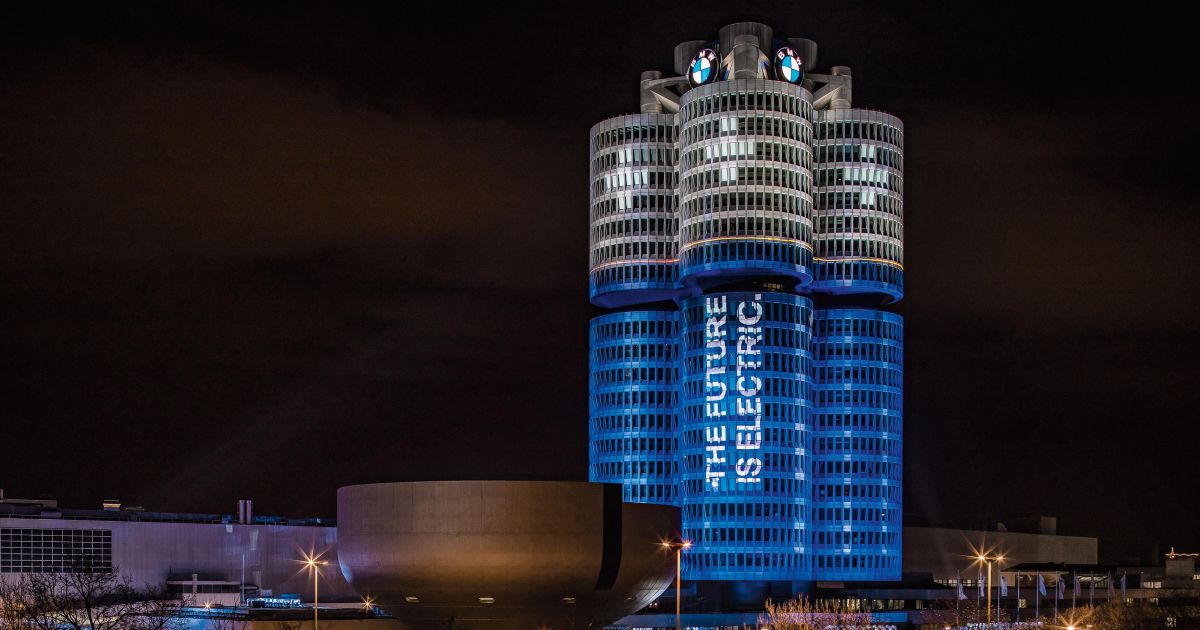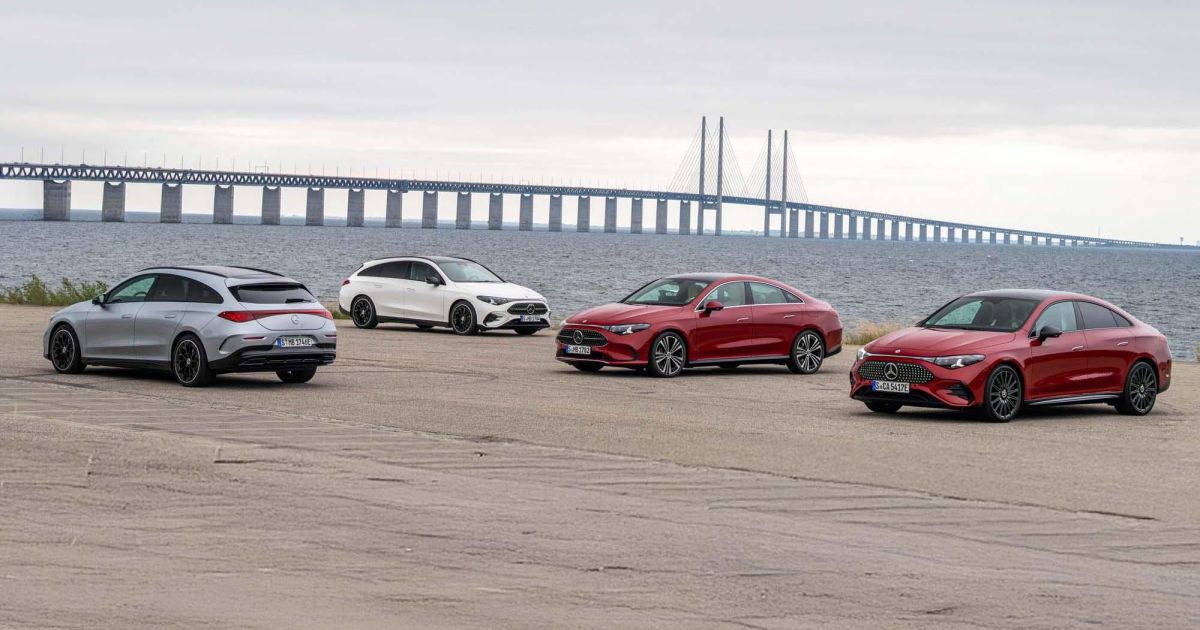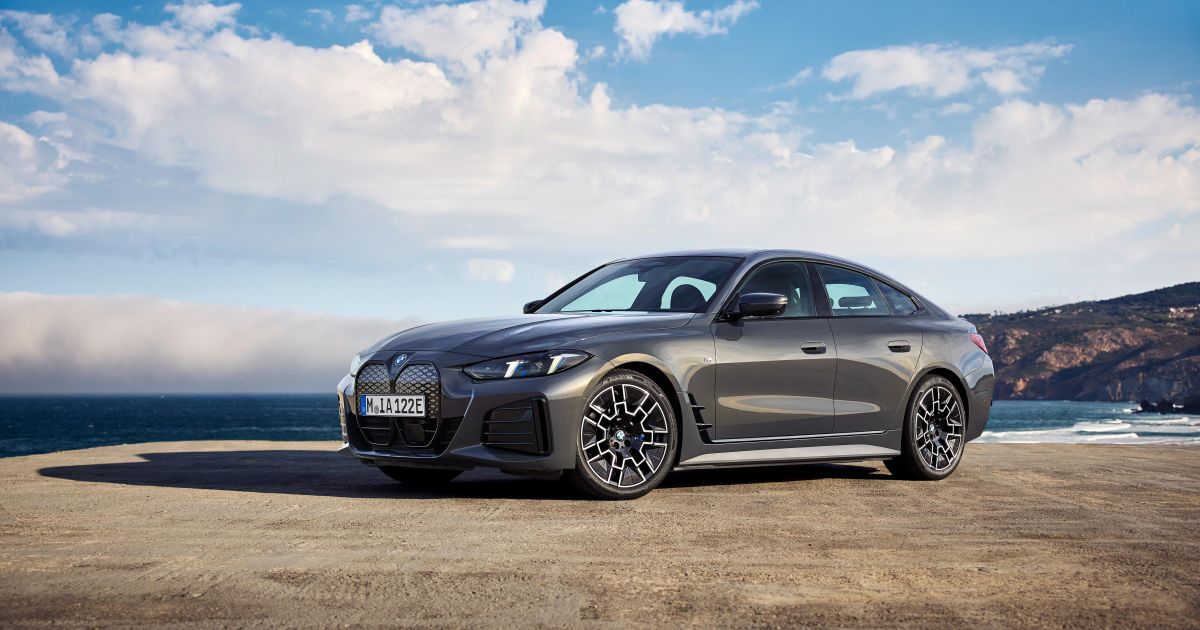Fierce rivals BMW and Mercedes-Benz are set to form a technology partnership to share engines, according to a report by respected German publication Manager Magazin.
In a subsequent Autocar report, Stuttgart-based automotive journalist, expat Australian Greg Kable, cites a senior Mercedes-Benz source as confirming the Stuttgart-based premium automaker is in high-level talks with BMW – which is headquartered in Munich – to potentially share engines.
If an agreement is reached, an official announcement is expected by the end of 2025, the Autocar report said. The news follows last month’s confirmation of a tie-up between the two brands and another German automaker, this time Volkswagen, in developing connected vehicle software.
CarExpert can save you thousands on a new BMW. Click here to get a great deal.
The latest proposal is for BMW – which recently recommitted to internal combustion engines – to provide its new generation of four-cylinder petrol engines to Mercedes-Benz.
Mercedes-Benz is phasing out its turbocharged 1.5-litre four-cylinder petrol engine, which is used in a variety of models including the new CLA compact sedan, and is made in China by Horse Powertrain, a joint venture between Mercedes-Benz stakeholder Geely and French automaker Renault.
The engine, codenamed M252, is not engineered for plug-in hybrid (PHEV) powertrain applications, so one potential option for Mercedes-Benz is a BMW engine – expected to be a derivative of the B48-series 2.0-litre four-cylinder turbo-petrol engine found in various current BMWs and Minis.
That means BMW combustion power could be destined for the CLA, as well as the GLA, GLB and GLC SUVs, plus the C-Class and E-Class model lineups.
A BMW engine could also find its way under the bonnet of the upcoming ‘Little G’ – a smaller, cheaper version of the iconic G-Wagen.
The plan would reduce development costs for both companies, and – thanks to its added hybrid applicability – enable Mercedes-Benz to more easily meet stricter Euro 7 emission laws set to come into force in 2026.
It’s also a potential response to slower than expected electric vehicle (EV) sales, most notably for Mercedes-Benz.
Mercedes-Benz boss Ola Kallenius recently said the European Union’s planned 2035 ban on new internal combustion engined vehicles – which is up for review – could ‘collapse’ Europe’s auto industry.
While supporting automotive decarbonisation, Mr Kallenius admitted the company had made mistakes in its approach to EVs, which saw it suspend sales of some electric models in the US.
BMW has performed better, selling 426,595 EVs across its BMW, Mini and Rolls-Royce brands globally in 2024 – a year-on-year increase of 13.5 per cent and more than double the number of EVs sold by Mercedes-Benz in the same period (204,600).
In Australia, BMW posted record EV sales in 2024, with one in three of its sales being battery-powered. The ‘charge’ was led by the mid-size i4 electric sedan, which outsold the entire Mercedes-Benz C-Class lineup.
The historic agreement between the two German auto brands could also extend to sharing transmissions and even production centres including engine manufacturing facilities, in what Autocar speculates could be a tactic to limit or avoid US import tariffs.
MORE: BMW and Mercedes-Benz set duelling electric SUV reveals
MORE: Explore the Mercedes-Benz showroom
MORE: Explore the BMW showroom




